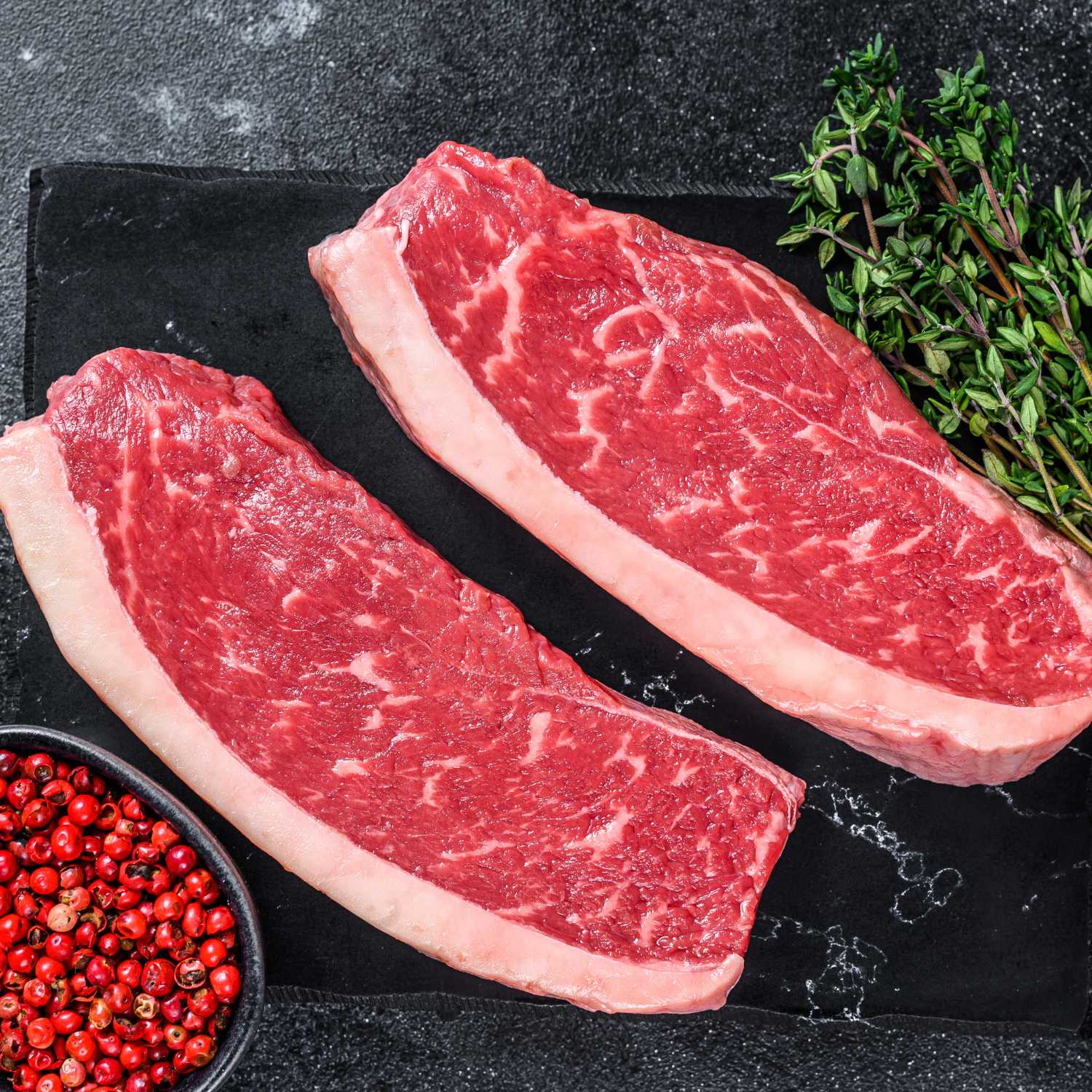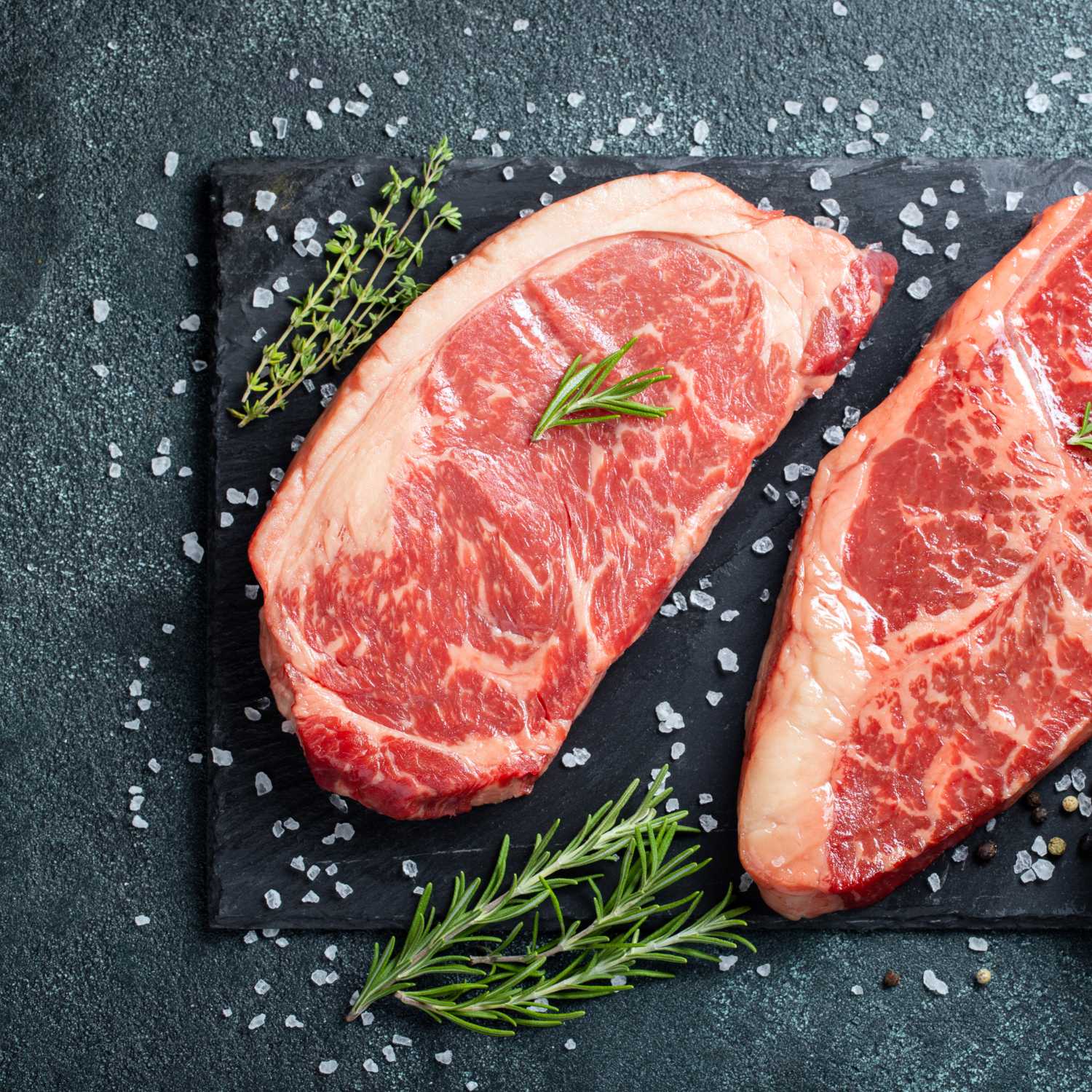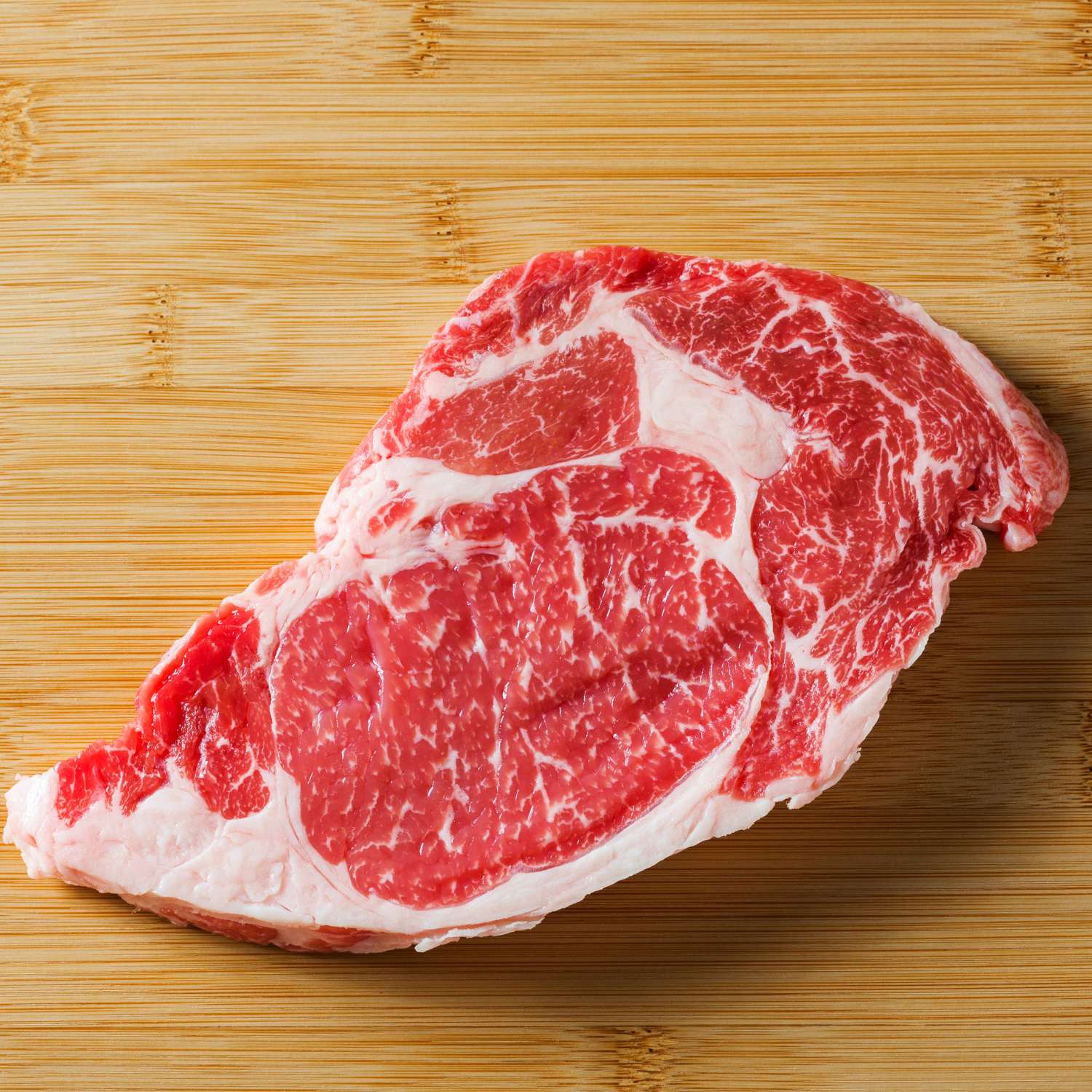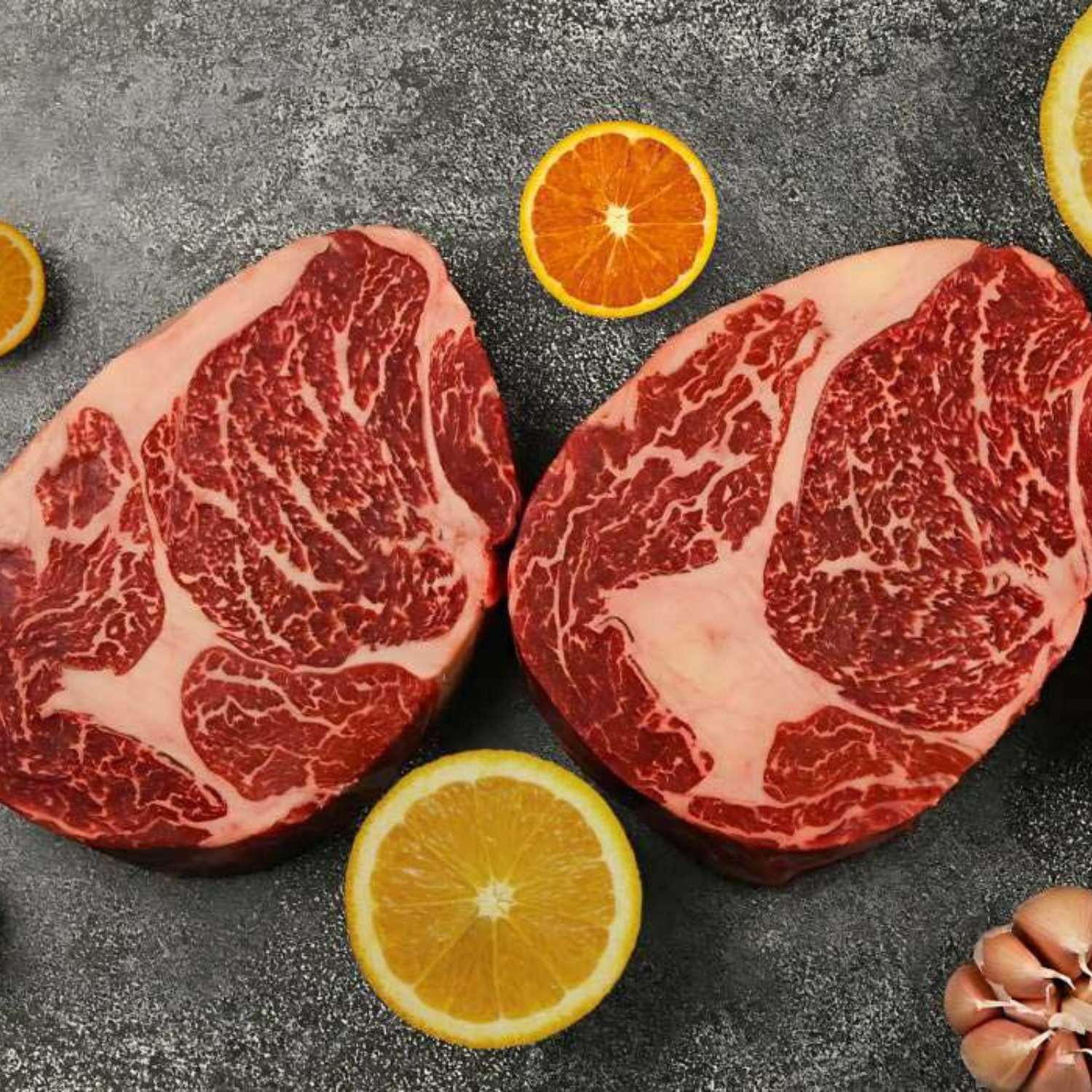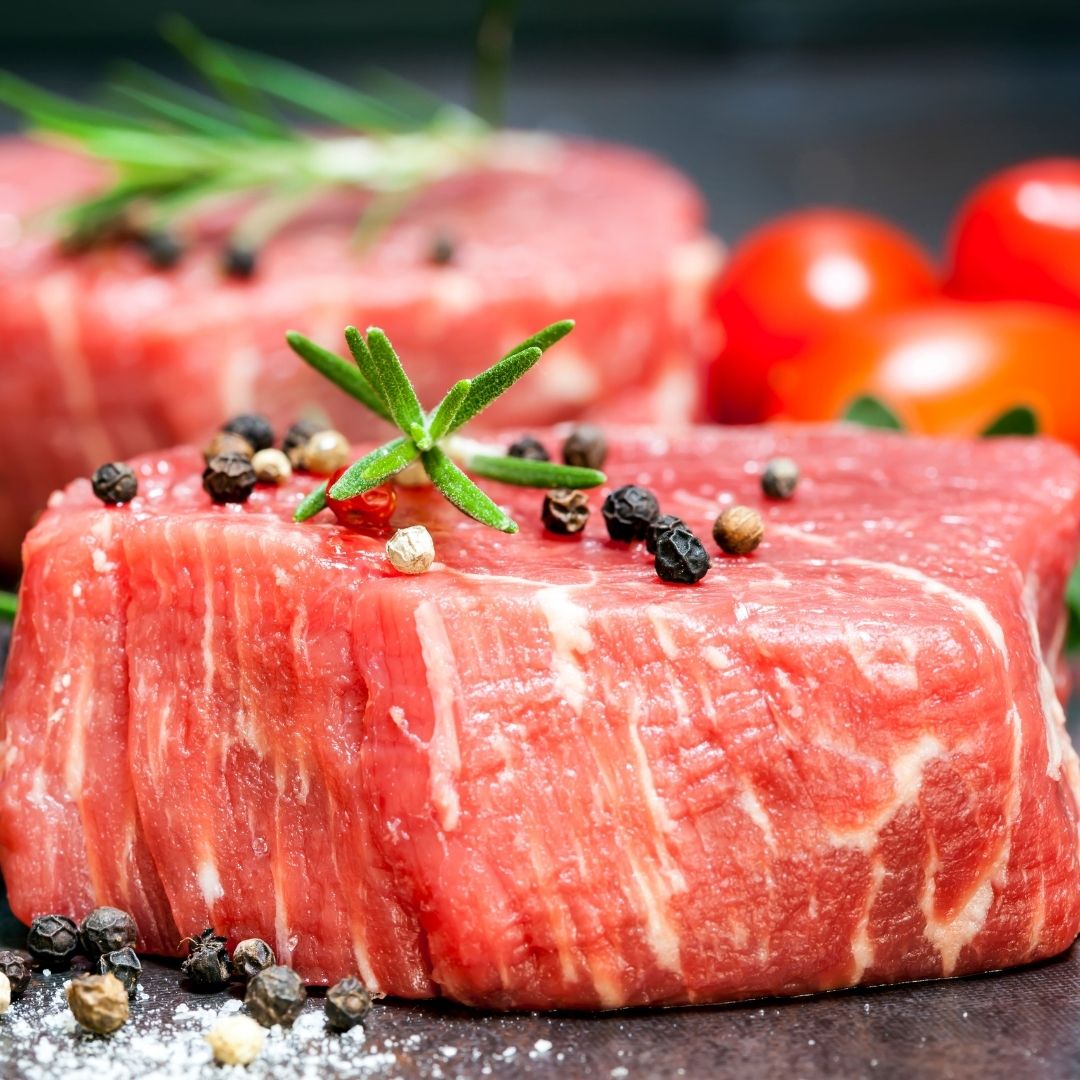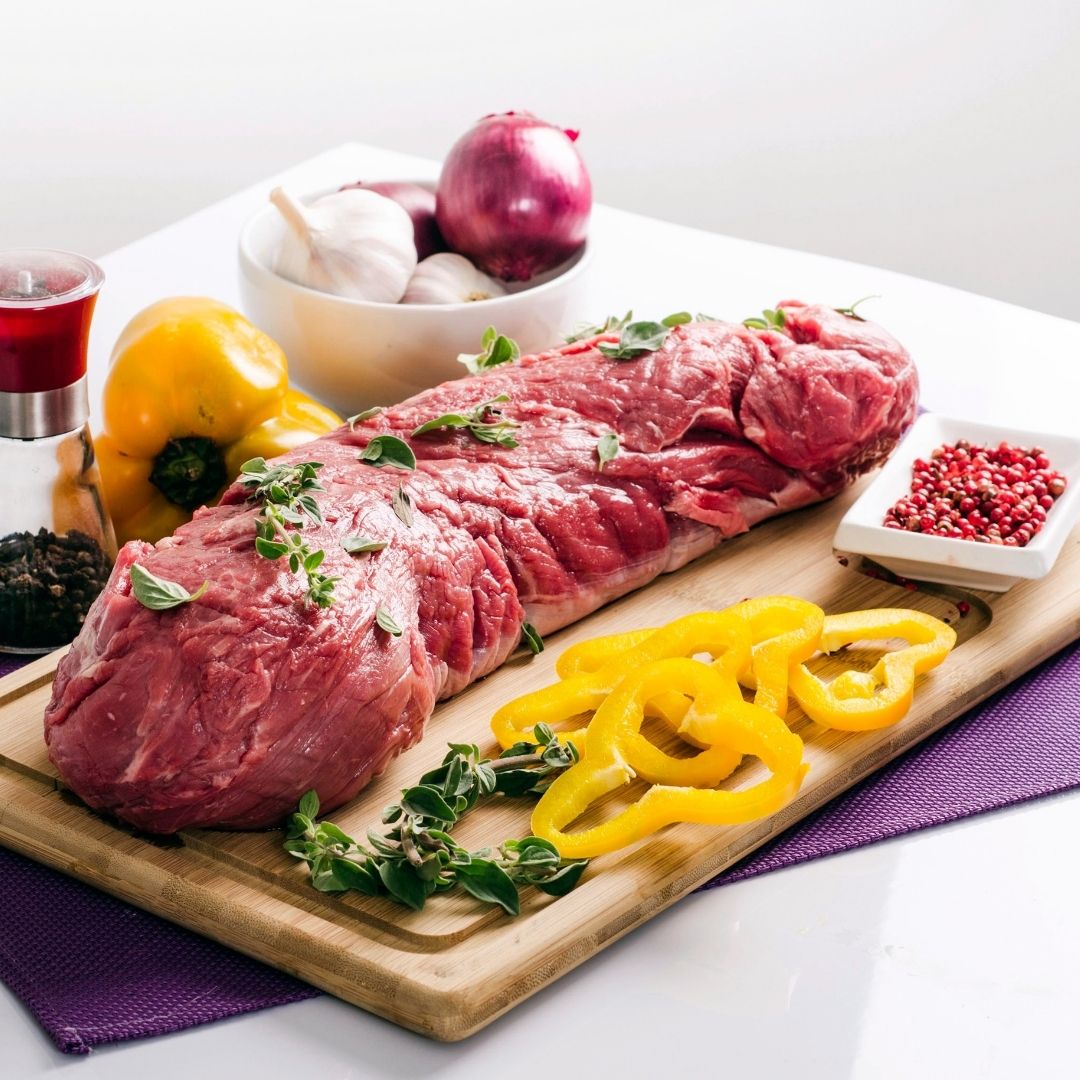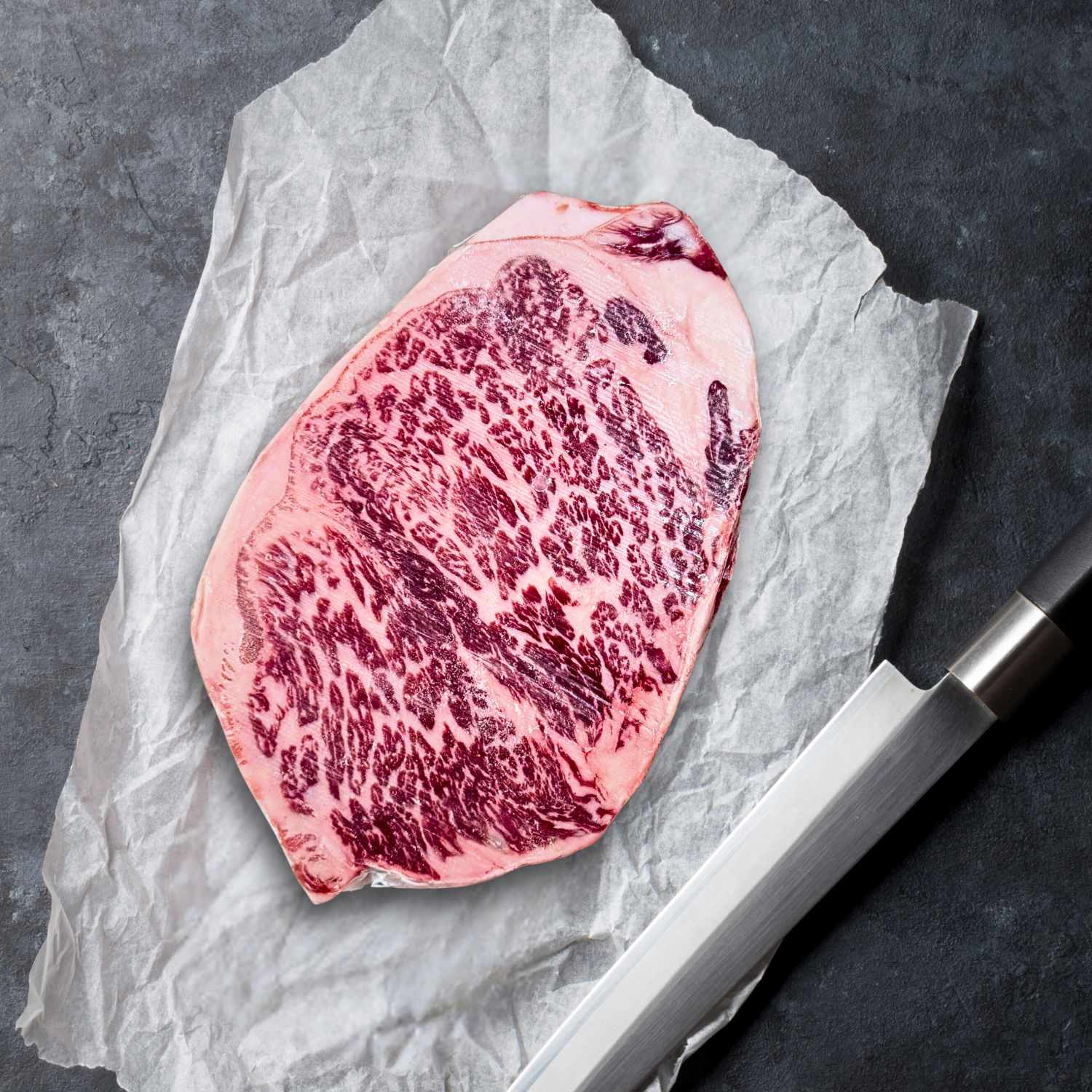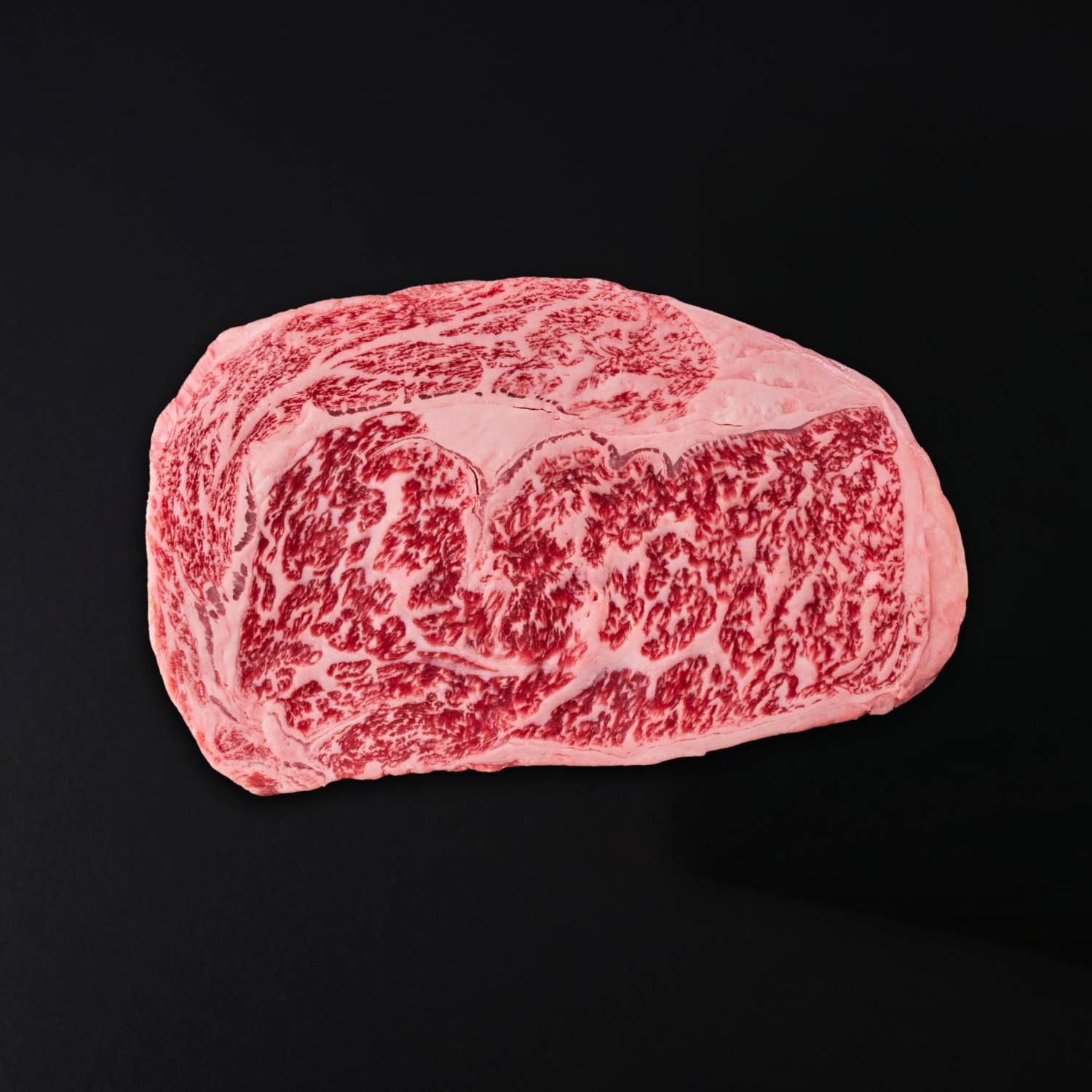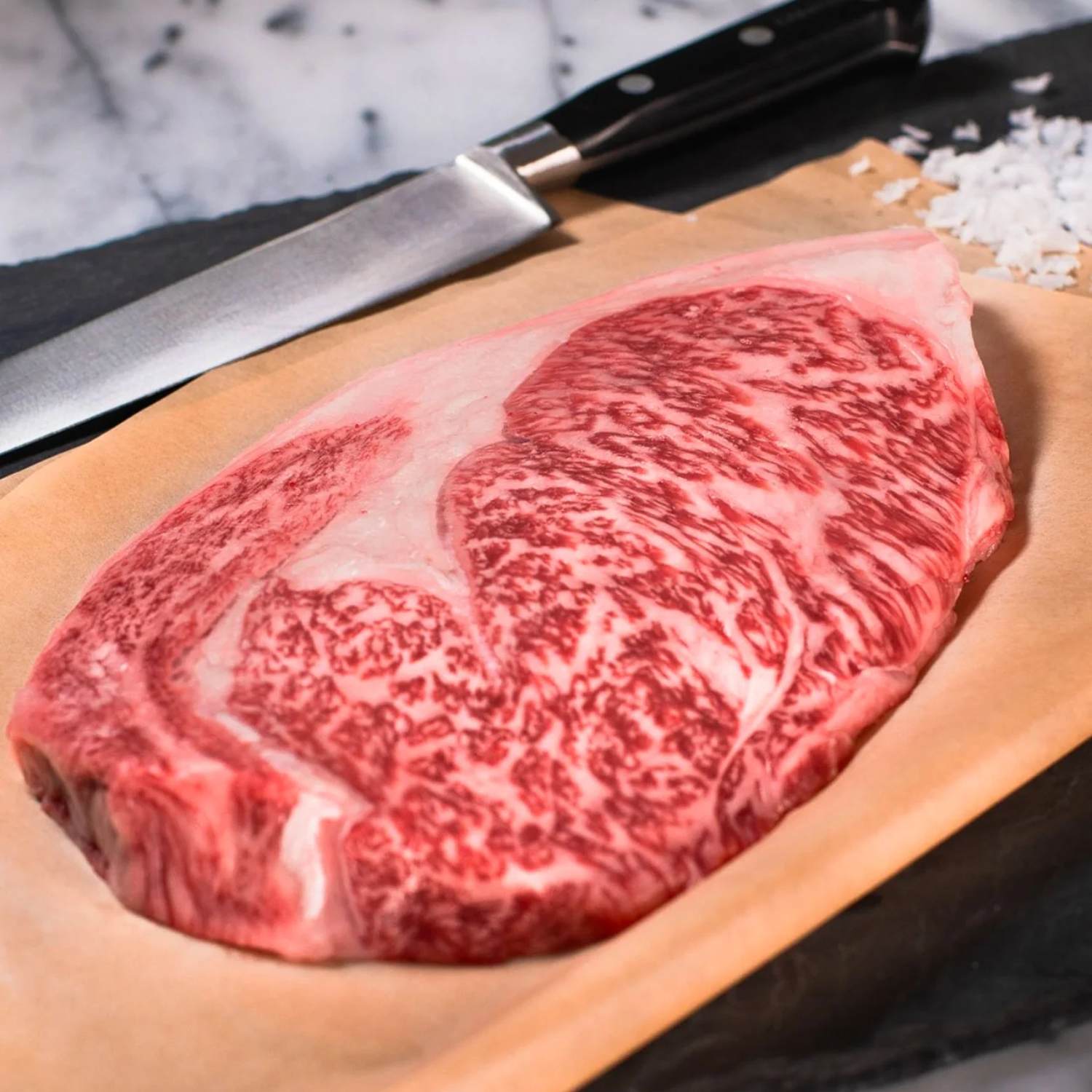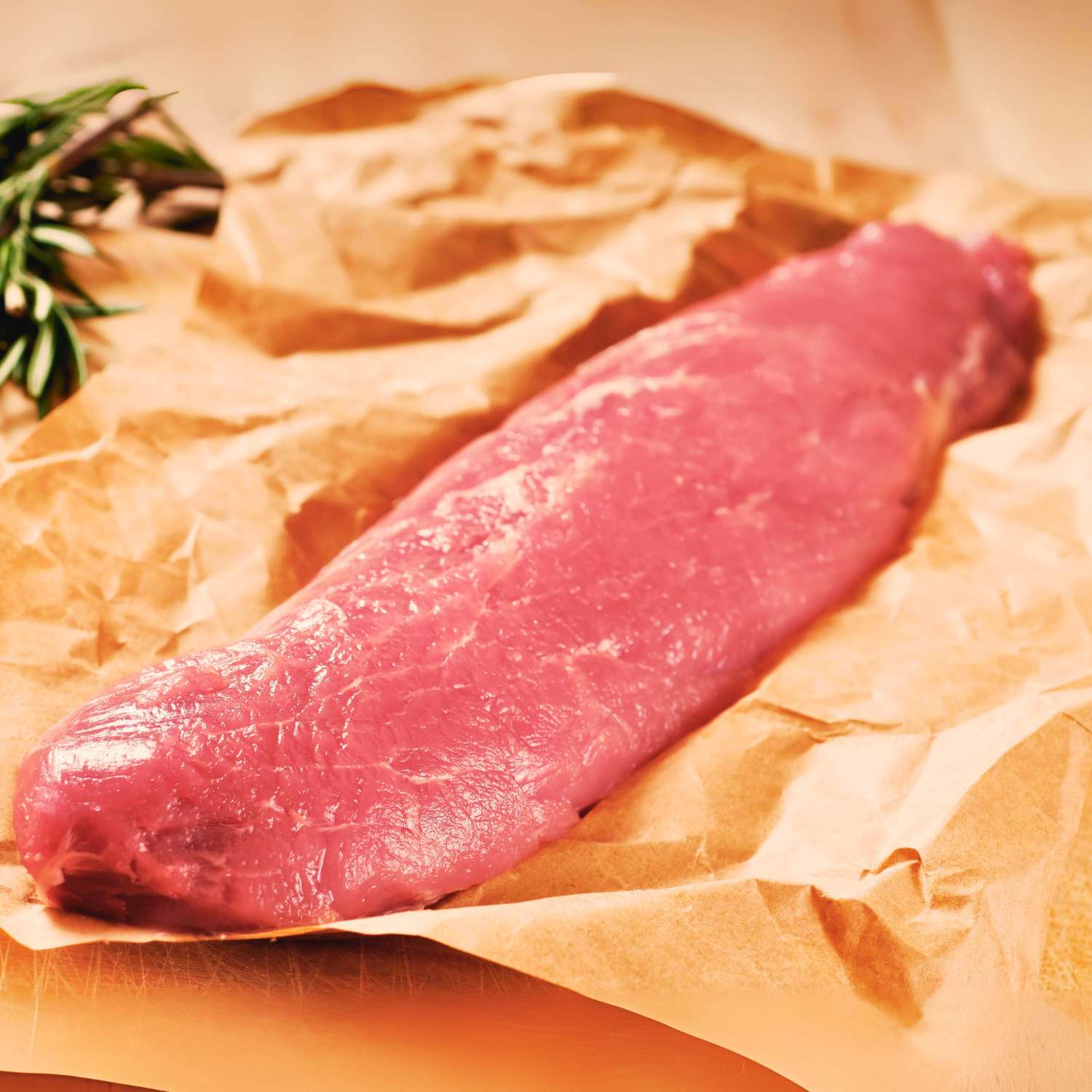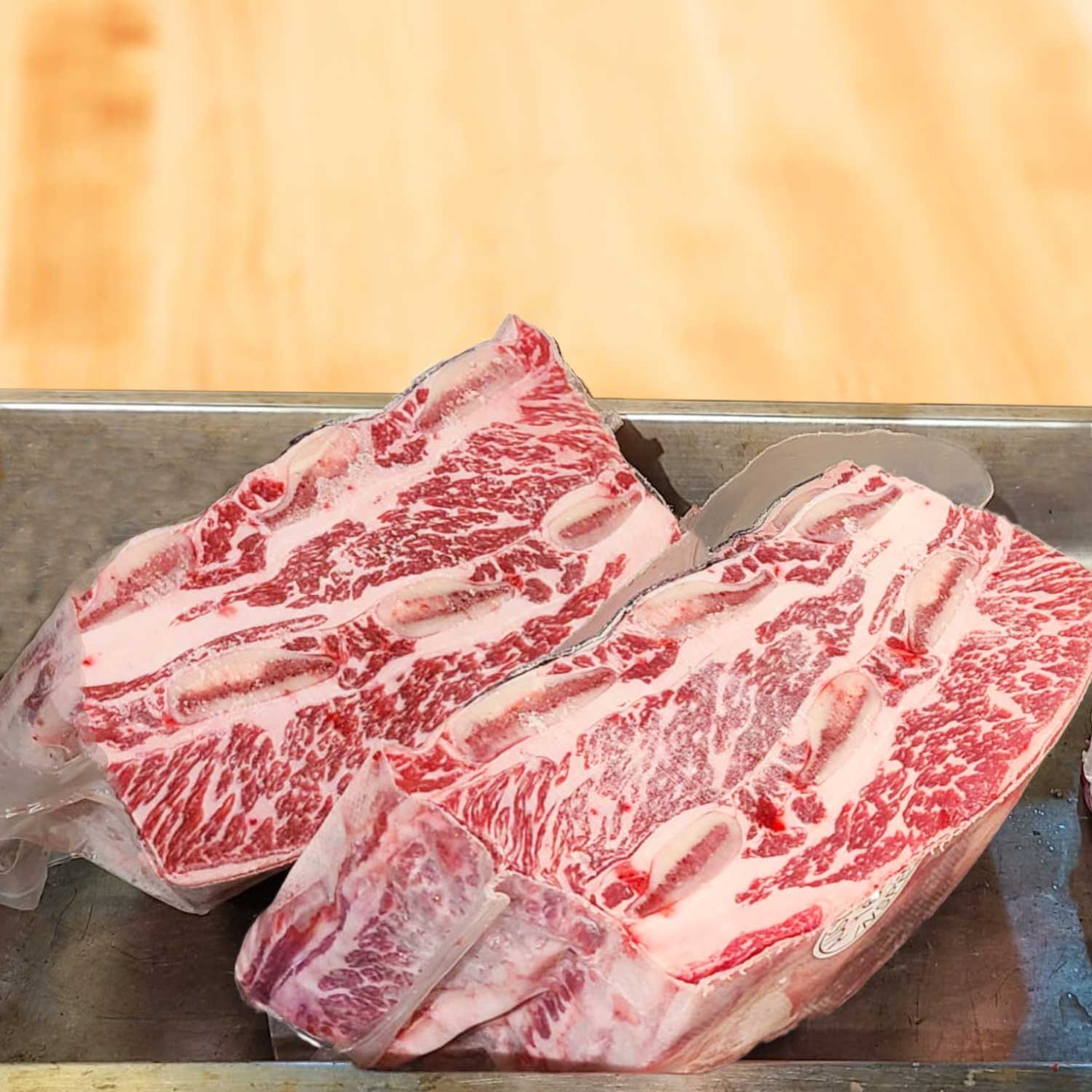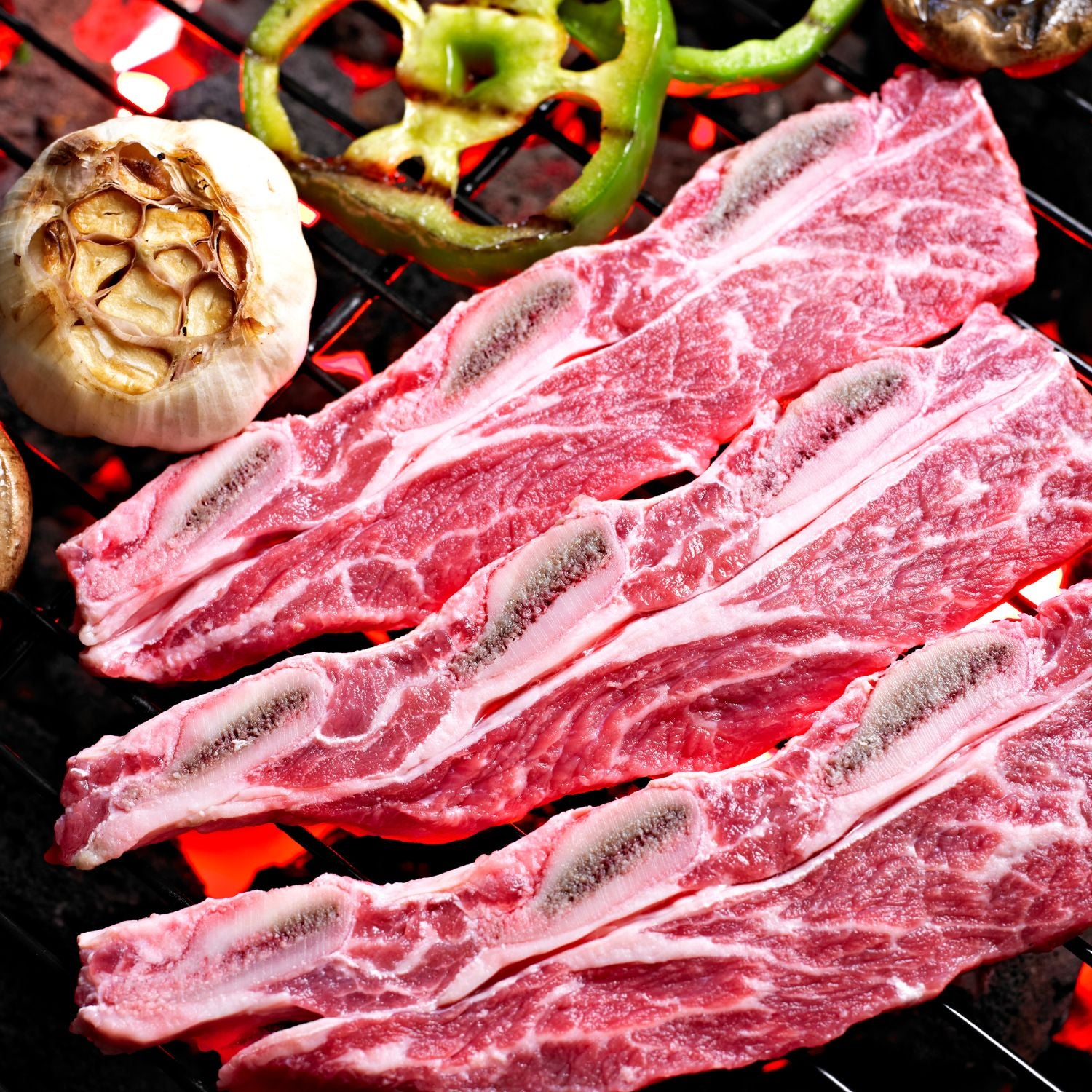Understanding the Demand for Sustainability in Meat Production
The Growing Trend of Eco-Friendly Consumer Choices
In Hong Kong, more consumers now prefer eco-friendly products. They want meat that is sustainably farmed. This trend is due to growing environmental awareness. People are learning about the impact of meat production. They seek options that are kinder to our planet. Eco-labels on meat products guide their choices. This shift impacts how producers operate. It pushes for changes in the meat industry. In turn, this may lead to a greener future for all.

How Hong Kong's Meat Industry is Adapting to Sustainability Demands
Hong Kong's meat sector is taking big steps towards sustainability. Farmers are using new methods. These include eco feeds and better waste handling. Shops are selling 'greener' meats too. Some even have eco labels to guide buyers. The government offers help and training. They want everyone to go green. This push has changed how the industry works. It makes for cleaner production and less harm to the planet.
Innovative Sustainability Initiatives in Hong Kong's Meat Sector
Pioneering Sustainable Farming Practices
In Hong Kong's quest for sustainability, meat producers are adopting new methods. These are changing the farming landscape. Farms are using less water and feed to raise livestock. This saves resources and reduces waste. Animal welfare is also a focus, with better living conditions. This leads to healthier animals and better meat quality. Some farms use data tracking for farm-to-table transparency. This helps consumers make informed choices. These steps mark the start of a sustainable shift in Hong Kong's meat sector.
Technological Advancements for Improved Meat Quality and Efficiency
Hong Kong's meat industry invests in cutting-edge tech. This improves meat quality and cuts waste. Smart farming tools help too. They track animal health for better care. AI sorts meat for size and quality. It saves time and reduces errors. Data analytics predict market trends. This leads to smarter stock decisions. These steps make meat production more eco-friendly. They also ensure high standards for consumers. Tech bridges the gap between demand and sustainable supply.
The Impact of Sustainability Efforts on Hong Kong's Meat Industry
Economic Implications for Producers and Consumers
The push for sustainability in Hong Kong's meat industry impacts both producers and consumers economically. Producers face the need to invest in new, eco-friendly technologies and practices. This may lead to higher initial costs but can result in long-term savings and increased market appeal. Consumers, on the other hand, may experience a rise in meat prices as the industry shifts towards sustainable methods. However, they are also likely to gain access to healthier and higher-quality meat choices. This transition could also spawn new jobs and market niches, offsetting some of the economic challenges.
The Role of Policy and Regulation in Promoting Sustainability
In Hong Kong, government policy and regulation play a key role in advancing sustainability in meat production. Laws can spur eco-friendly practices, like reducing waste or using renewable energy on farms. Policies may also offer support for farmers switching to sustainable methods. Moreover, regulations can enforce standards for animal welfare and environmental protection. Both can lead to better meat quality and a cleaner industry. These efforts not only benefit the environment but also help producers meet new consumer demands. So, policy and regulation are critical for a sustainable meat industry in Hong Kong.

